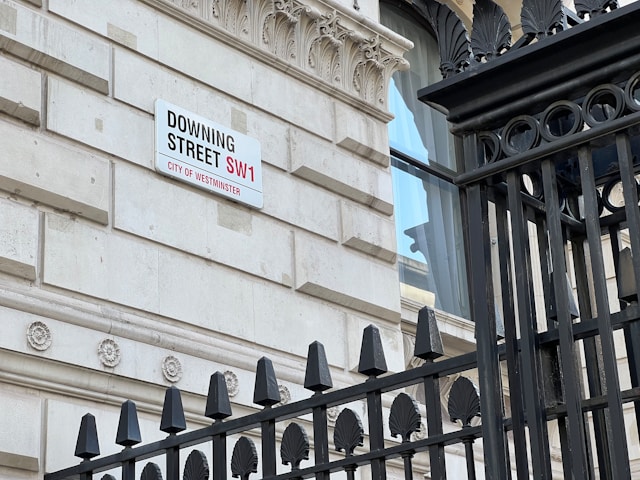Oracle Share Price Analysis: Bearish Phase, Valuation Signals and Bullish Reversal Outlook
$154.97
04 Feb 2026, 11:45


Chancellor of the Exchequer Rachel Reeves has reiterated her commitment to not raising taxes further or increasing borrowing during this Parliament. Despite backlash from business leaders over the tax hikes announced in her first Budget, Reeves defended the controversial measures at the recent Confederation of British Industry (CBI) conference. She argued that these decisions were essential to stabilize public finances and lay the groundwork for long-term economic growth.
Reeves’ Budget, which included a substantial £70 billion increase in public spending, is funded mainly through higher taxes, with several changes impacting businesses. The key measures include:
These changes, coupled with broader economic challenges, have raised concerns among business leaders. Critics argue that the tax hikes could hamper business investment, slow job creation, and negatively impact economic growth. Rupert Soames, chairman of the CBI, warned that the measures would make it more expensive to employ younger, part-time, and lower-wage workers, calling business the government’s “cash cow.”
In response to the budget measures, business leaders are pushing for reform to ease the financial burden on companies. Key calls include:
Despite supporting the need for higher taxes to fund critical public services like the NHS, CBI Director-General Tony Danker cautioned that the scope and speed of these tax hikes came as a shock to many businesses, particularly small and medium-sized enterprises (SMEs).
Rachel Reeves has remained resolute in her stance on the budget, arguing that public services must now “live within their means.” She emphasized that these tax increases and spending decisions are part of a long-term strategy to stabilize the UK economy and ensure sustainable growth. Reeves also made it clear that no further tax hikes or borrowing will occur during this Parliament, providing businesses with some certainty moving forward.
The debate continues as businesses, policymakers, and workers navigate the complexities of balancing necessary public funding with the need to maintain a competitive business environment. While the government emphasizes the importance of fiscal responsibility, many business leaders worry that the current measures could dampen the UK’s economic recovery.
As the UK grapples with these challenges, the conversation about tax policy, business investment, and economic competitiveness is likely to remain a central issue throughout the current Parliament.
Source: bbc.co.uk